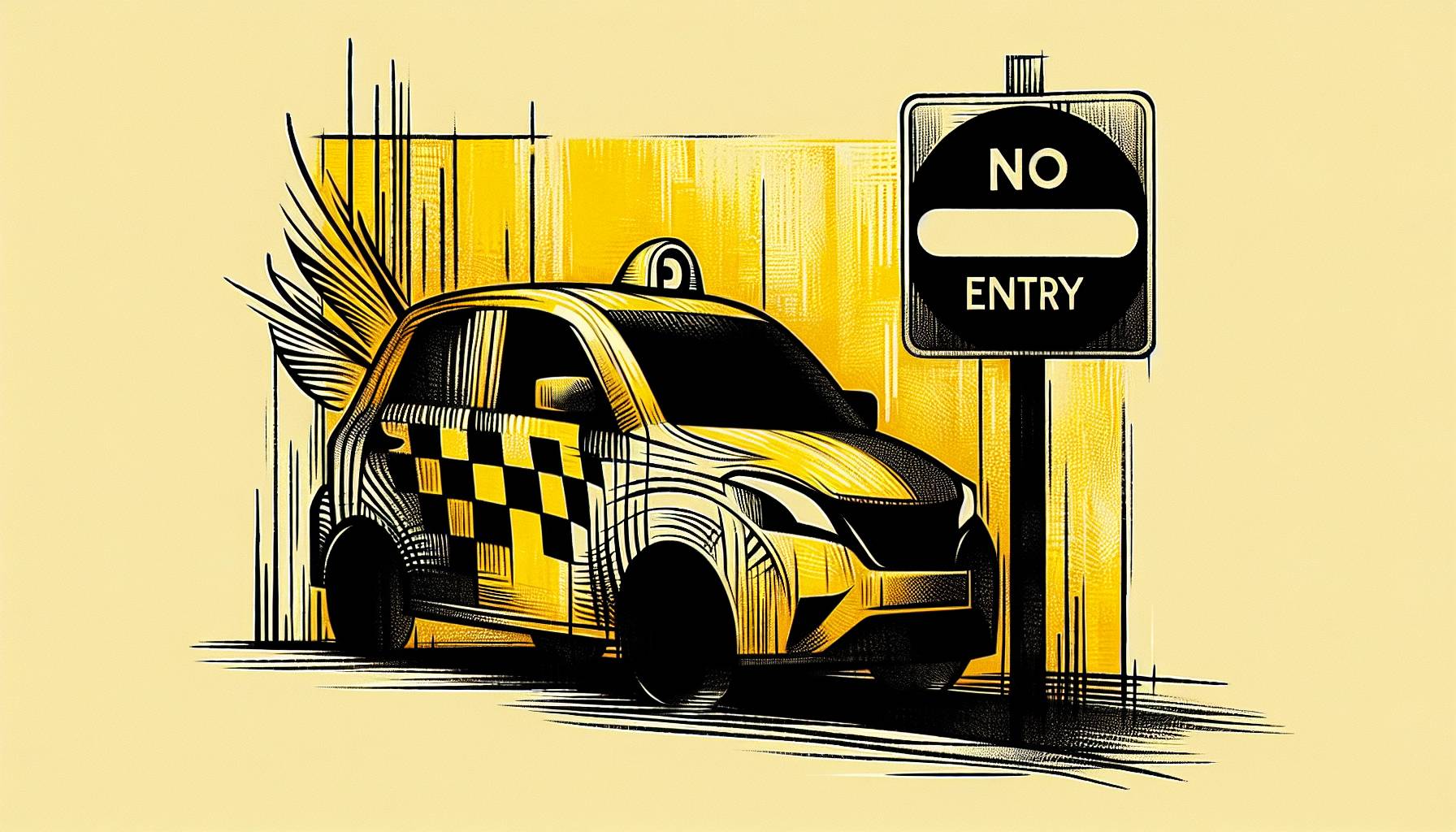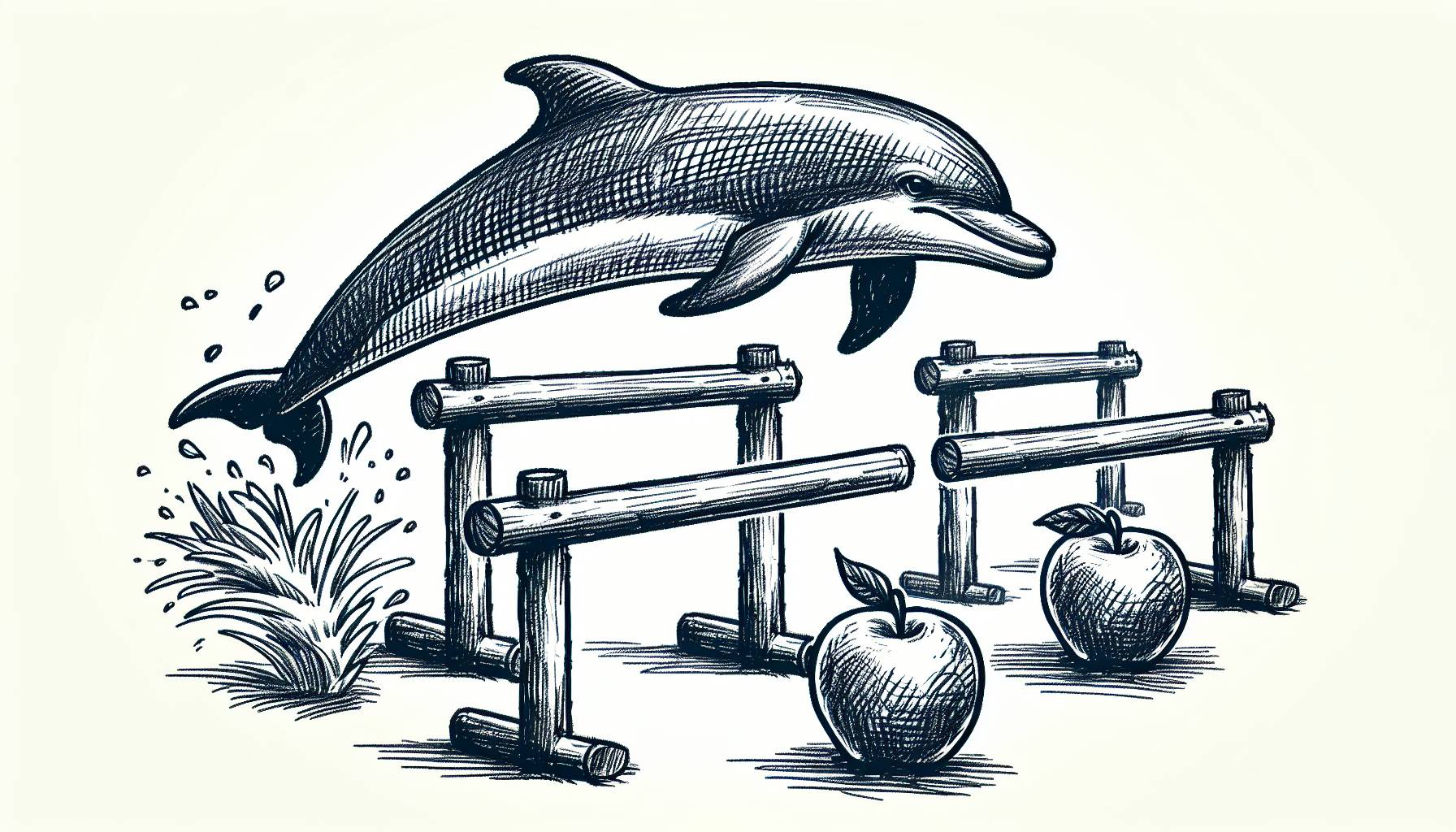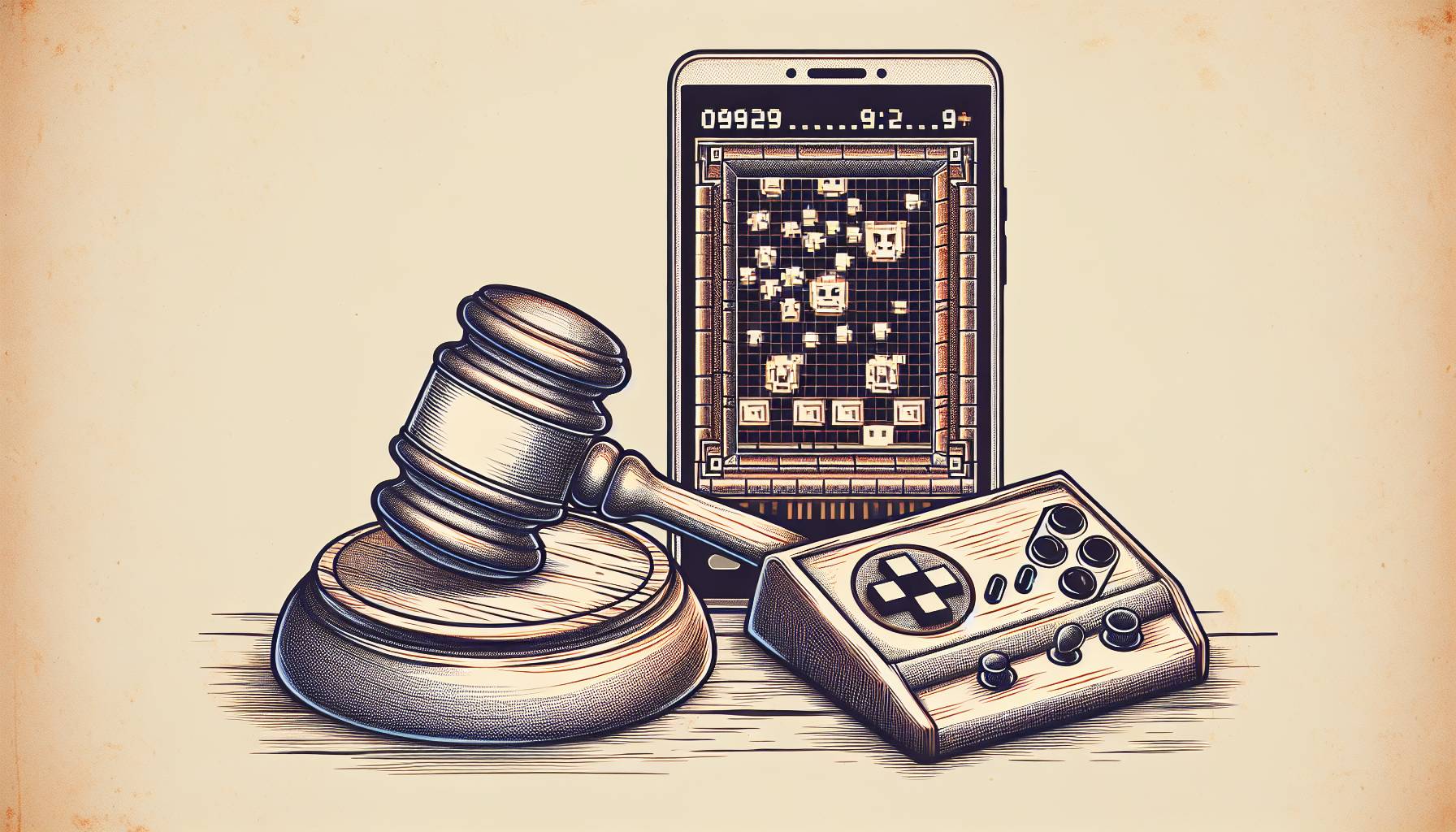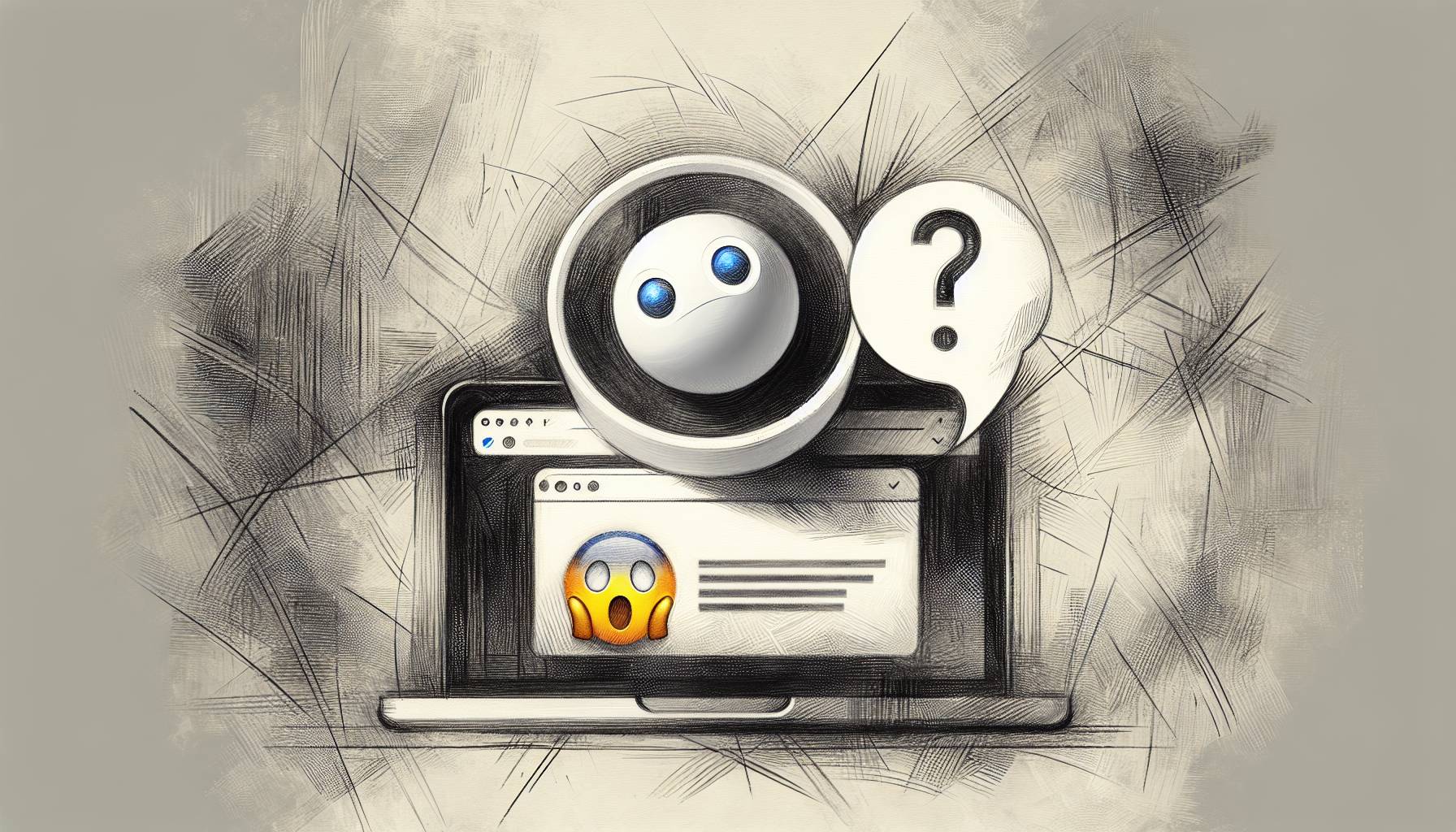Steve Jobs departed from his role as CEO of Apple Wednesday in a move that was surprising, although not unexpected given that he has been on medical leave for much of the year. The announcement that Jobs was leaving the post, though continuing on as chairman of Apple’s board of directors, and handing off the reins to Chief Operations Officer Tim Cook resulted in a fall of Apple shares as investors wondered what the direction of the company would now be.
It makes sense that there’s some worry: Jobs was considered a tech visionary. He’s responsible for Apple’s direction during the last 14 years that took it from holding a tiny portion of the personal computing market to becoming a force in a variety of tech sectors, not the least of which are now tablet computing and cellular phones; to say nothing of its actual personal computer business.
A story from TechCrunch points out seven iconic patents Jobs holds that it says define him and his tenure at Apple. Many of them are hard to argue with: the Mac 128K, the company’s first all-in-one computer; the iPod, a device that helped turn Apple from just another computer company into a hip provider of trend-setting gadgets; and the iPhone, which introduced many us to apps as we now know them.
Of course, the iPhone wasn’t the first device to make use of apps. Research In Motion’s BlackBerry devices had been providing apps to users for some time – small programs that performed just a few functions – and even among those were some games. But it’s easy to argue that the even the term “app” was relatively unused in its current form before the iPhone hit the scene, and Apple’s device is certainly responsible for the ubiquity of this form of gathering and using software tools: now apps are everywhere, in thousands of devices.
Apple threw open the doors on the app universe with the iPhone, and later, the iPad. The result of the technology packed into the iPhone coupled with its popularity and the “walled garden” approach to the device’s ecosystem has left many developers free to go crazy, creating innovative programs that just didn’t exist before the device. Combining touchscreen technology with other components like accelerometers and gyroscopes, cameras and GPS locators, the iPhone has led to the creation of some really incredible new products and programs. There are apps that let you calculate the ripeness of fruit in the grocery store; apps that can serve as a level when you put up a shelf; apps that can allow you to video chat with friends halfway around the world; apps that let you listen to the radio from your old neighborhood across the country.
The advent of the modern app has made the iPad not only possible, but a market-defining (and possibly era-defining) device. The iPad itself isn’t the cool thing about the iPad – it’s the hundreds of thousands of amazing other things it can be, from a book to a piano keyboard to a movie studio – that makes it cool. The same goes for the iPhone and the iPod Touch. The devices are so much more than they were designed to be, simply because of the fact that creating interesting and unique programs for those devices is relatively easy and lucrative for their developers.
More than anything or any one device (or even several devices), Steve Jobs and Apple under his tenure got apps right. They created a place where not only Apple could thrive, but so could thousands of developers creating hundreds of thousands of apps. These have absolutely revolutionized what humanity can do when it’s out in the world. In the last decade, having a camera in a cell phone was a novel idea; now we have whole computers in our pockets and can instantly find directions, movie times, shoot and edit video.
We have Star Trek technology in our pockets all day, every day. And we have Steve Jobs to thank for it.












